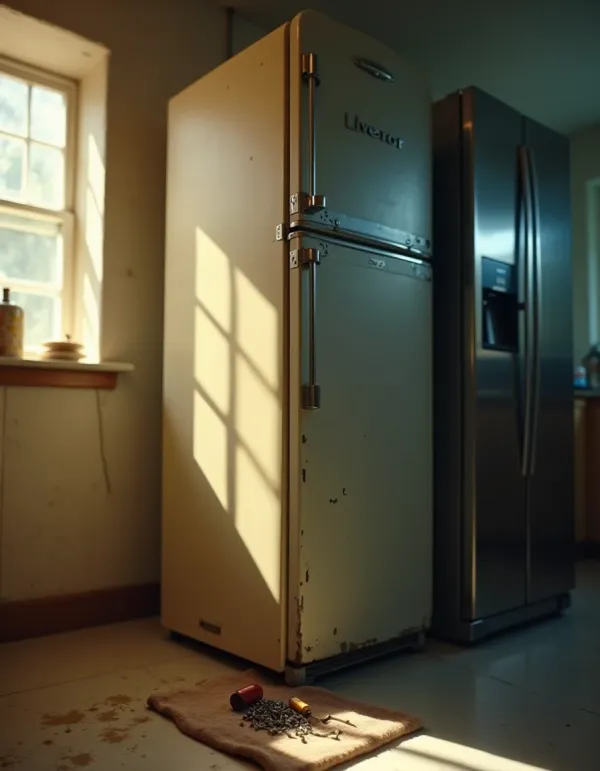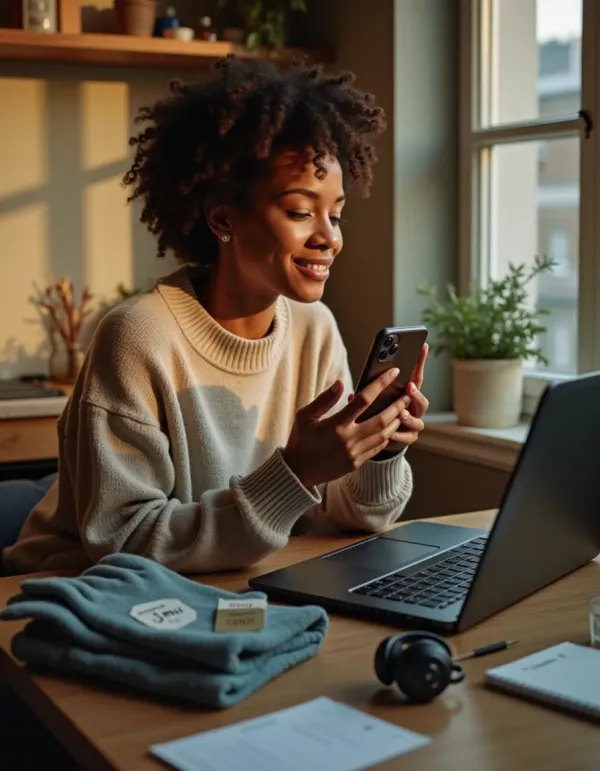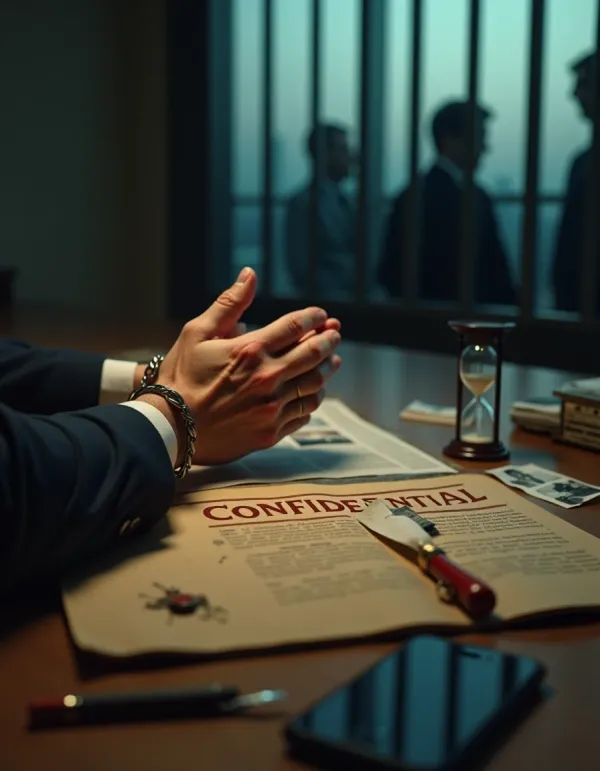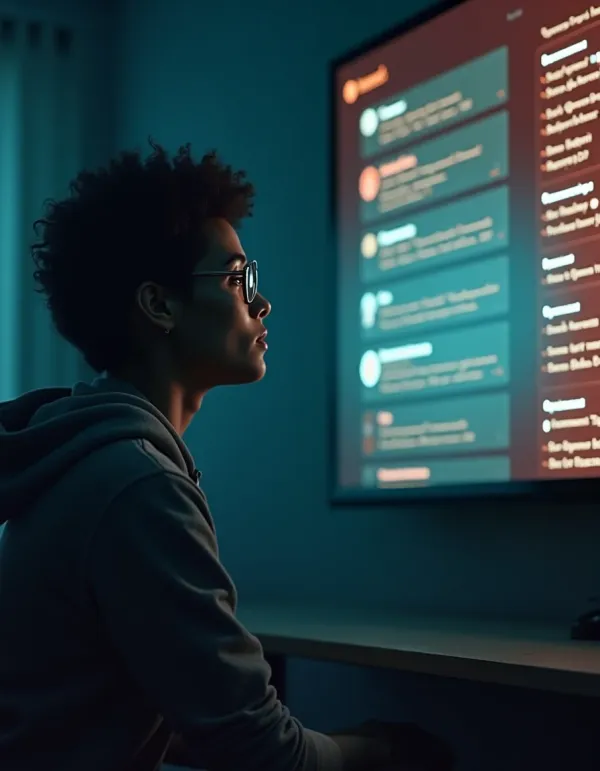Sneaky Signs You’re Hotter Than You Think
Think you're not that attractive? These everyday clues—upgraded service, double-takes, surprise compliments, and uneven kindness—reveal when people may treat you differently. Spot patterns, not one-offs, and learn how to respond with confidence.

How do you tell if you’re more attractive than you give yourself credit for? Not the mirror. Real life. The tiny, weird, repeatable moments that keep happening around you.
The question
In plain terms: what are the everyday clues that you’re hotter than you realize?
Real-world signs to watch
- People are extra friendly for no clear reason. Upgraded service, random discounts, freebies, “we’ll squeeze you in” energy—without you asking.
- Friends swear someone was flirting and you missed it. You read it as “nice.” They read it as “they’re into you.”
- Compliments feel like jokes. If you often think, “They’re just being polite,” you might be downplaying genuine interest.
- Double-takes and lingering glances. A quick second look usually means you caught someone’s eye.
- People act surprised you’re kind. The “Wow, you’re actually nice!” line hints they expected you to be standoffish—an oddly common bias toward attractive people.
- Kindness isn’t evenly distributed. Some people bend rules, carry boxes, or answer messages faster when it’s you. Notice the pattern, not one-offs.
- Gendered tells. Some say men become inexplicably helpful to women they find attractive; women may become more attentive to men they find attractive. It’s not universal, but you’ll see the trend.
And if you’re literally dizzy and overheated—that’s heat exhaustion, not “being hot.” Hydrate. Seriously.
Why this happens
A lot of this comes down to psychology. The halo effect means when people find you attractive, they may assume other positives—nice, competent, trustworthy. There’s also the physical attractiveness stereotype (a.k.a. “beautiful-is-good”), which can nudge folks to treat you better, sometimes called "pretty privilege." None of this is your fault or your doing—but it can shape your day-to-day interactions.
Reality checks
- Look for patterns. One free coffee? Cute. A steady stream of special treatment across contexts? That’s a sign.
- Don’t overread everything. Second glances can mean spinach-in-teeth. Cross-check with other cues.
- Attraction is subjective. The right crowd might find you magnetic even if you don’t see it yet.
What to do with this info
- Learn flirting signals. More eye contact, quick smiles, playful teasing, personal questions, and “accidental” proximity are classic tells.
- Use a trusted friend as your “flirt translator.” They’ll catch cues you miss.
- Practice receiving compliments. Say “Thank you,” full stop. No deflecting.
- Keep your boundaries. Kindness or attention never obligates you. Interest ≠ entitlement.
- Lead with character. If you benefit from bias, make space for others and stay grounded. Looks fade; warmth and integrity stick.
Bottom line: If people consistently treat you a little better, look a little longer, and lean a little closer—you might be hotter than you think. Believe the data, not the doubt.




